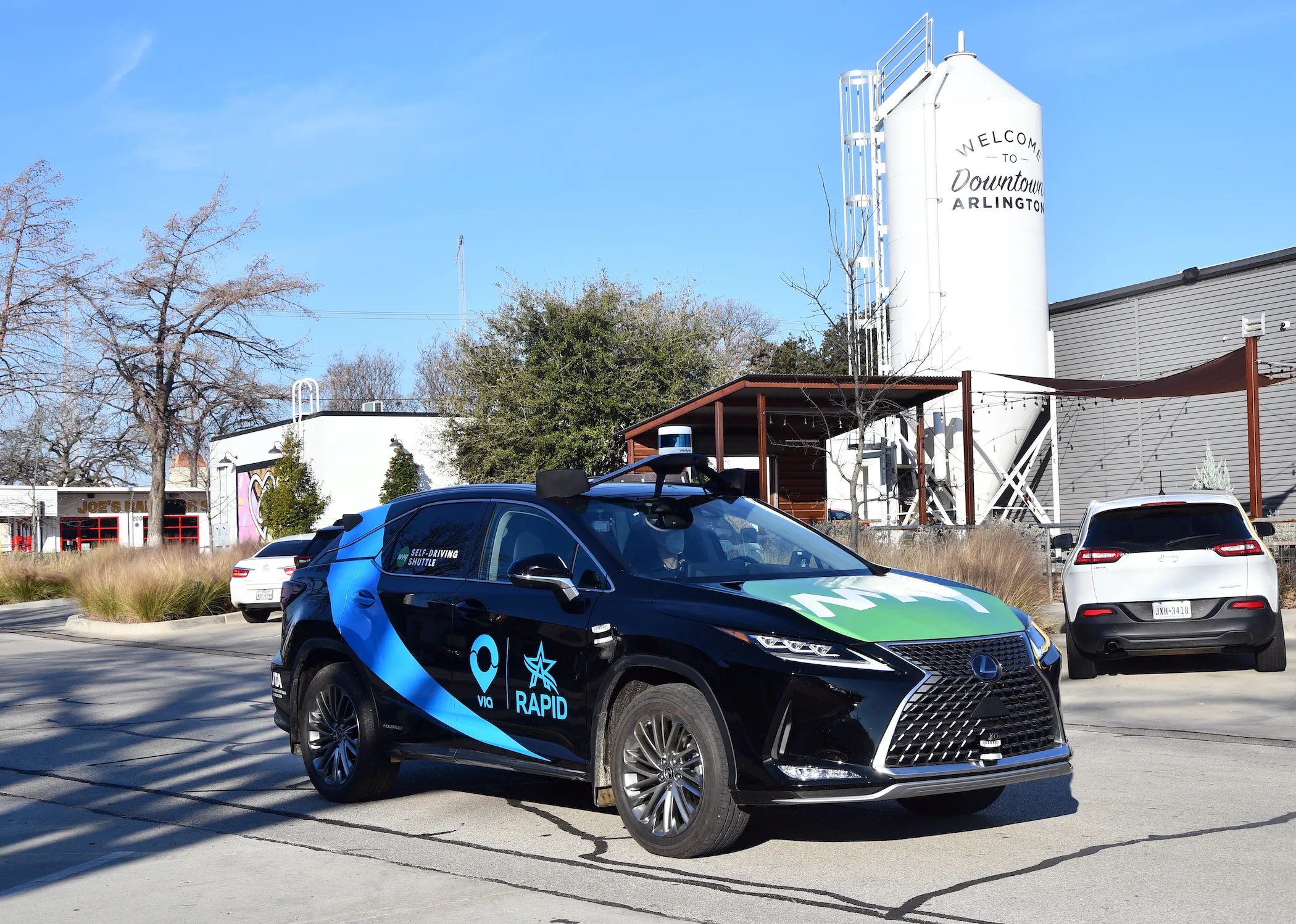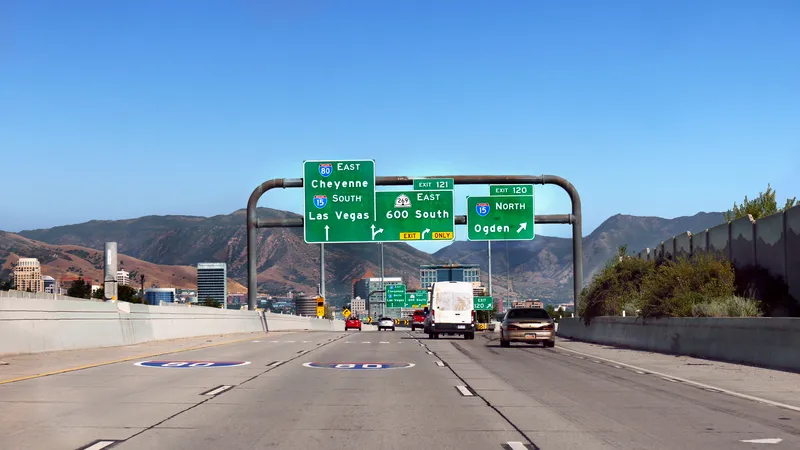
Safety campaigners in the US have released 'tenets' - or principles - designed to guide federal legislation and policy on the development of autonomous vehicles (AVs).
One of the lobby groups, Advocates For Highway & Auto Safety, says the goal is to advance “commonsense safeguards” and regulations which help this developing technology realise its potential to benefit the public.
A coalition of representatives from 55 organisations including Advocates, Transportation Alternatives and the League of American Bicyclists outlined a path forward for AV legislation.
The group suggests that the US Department of Transportation "has taken a hands-off approach to hands-free driving when what is actually needed is all hands on deck".
Advocates president Cathy Chase recognised “lifesaving technologies” are evolving, but instead of advancing proven safety technology, a “fervour has been whipped up about AVs”.
“Unsupported claims have added fuel to this fire including statements that the US is behind other countries in AV development and that tens of thousands of exemptions to existing safety requirements are needed to be competitive,” she continued.
“Neither claim is true. We urge the US Department of Transportation and Congress to use these AV tenets as their ‘GPS’ to ‘guarantee public safety’ for the continuing development and future deployment of AVs.”
“We can’t wait and see on the safety of automated vehicles," said Ken McLeod, policy director at League of American Bicyclists.
"We can’t let industry move fast and break things when those things are people’s lives. We can’t afford to look back in a decade or two and find that automated vehicles fail to see people biking, strollers, people with dark clothing, or people with dark skin."
"With the Tenets release today, we hope that lawmakers and the US Department of Transportation see the opportunity of automated vehicles and recognise that delivering on that opportunity requires action.”
The tenets include a focus on safety rulemaking, emphasising that any actions by the National Highway Traffic Safety Administration to revise or repeal existing Federal Motor Vehicle Safety Standards must be through a public rulemaking.
Any revision must meet the safety need provided by current standards.
Meanwhile, advanced safety technologies such as automatic emergency braking with pedestrian and cyclist detection and lane departure warning must be standard equipment with federal minimum performance requirements.
Additionally, the tenets insist that the potential of AVs to increase access and mobility for older adults and those with disabilities must be realised with appropriate federal action.
Advocates recognises that while access to on-demand transport services is often predicated on digital payments, AV-based transport services must consider a variety of payment methods to ensure the technology supports all users.











